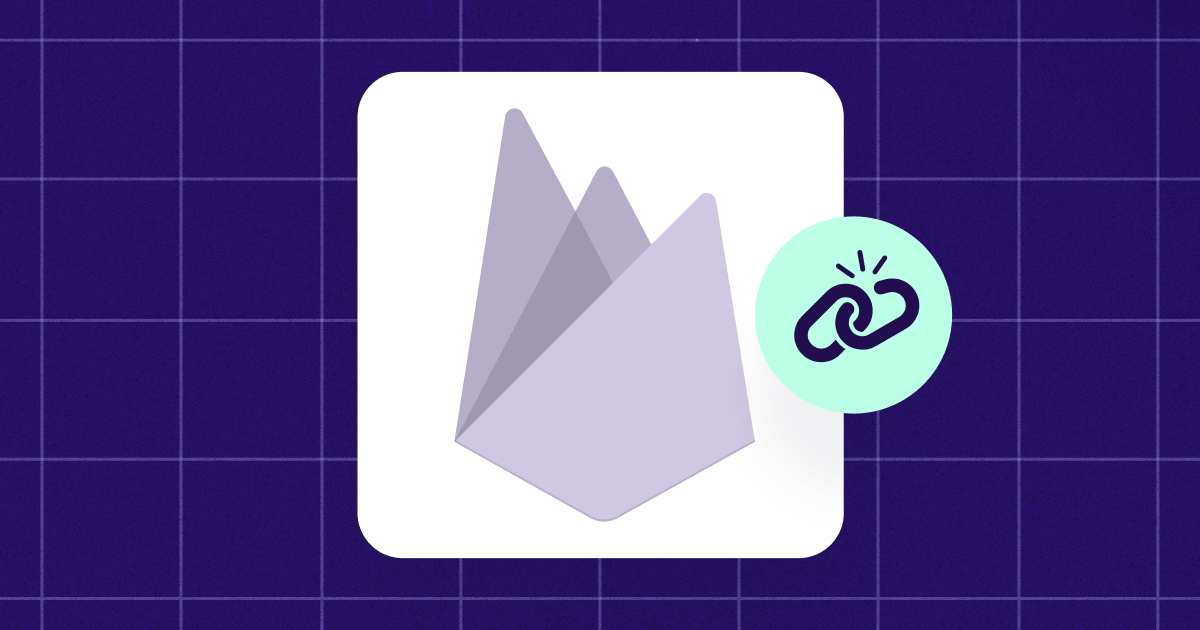
Go-to-market strategy for your app in Africa
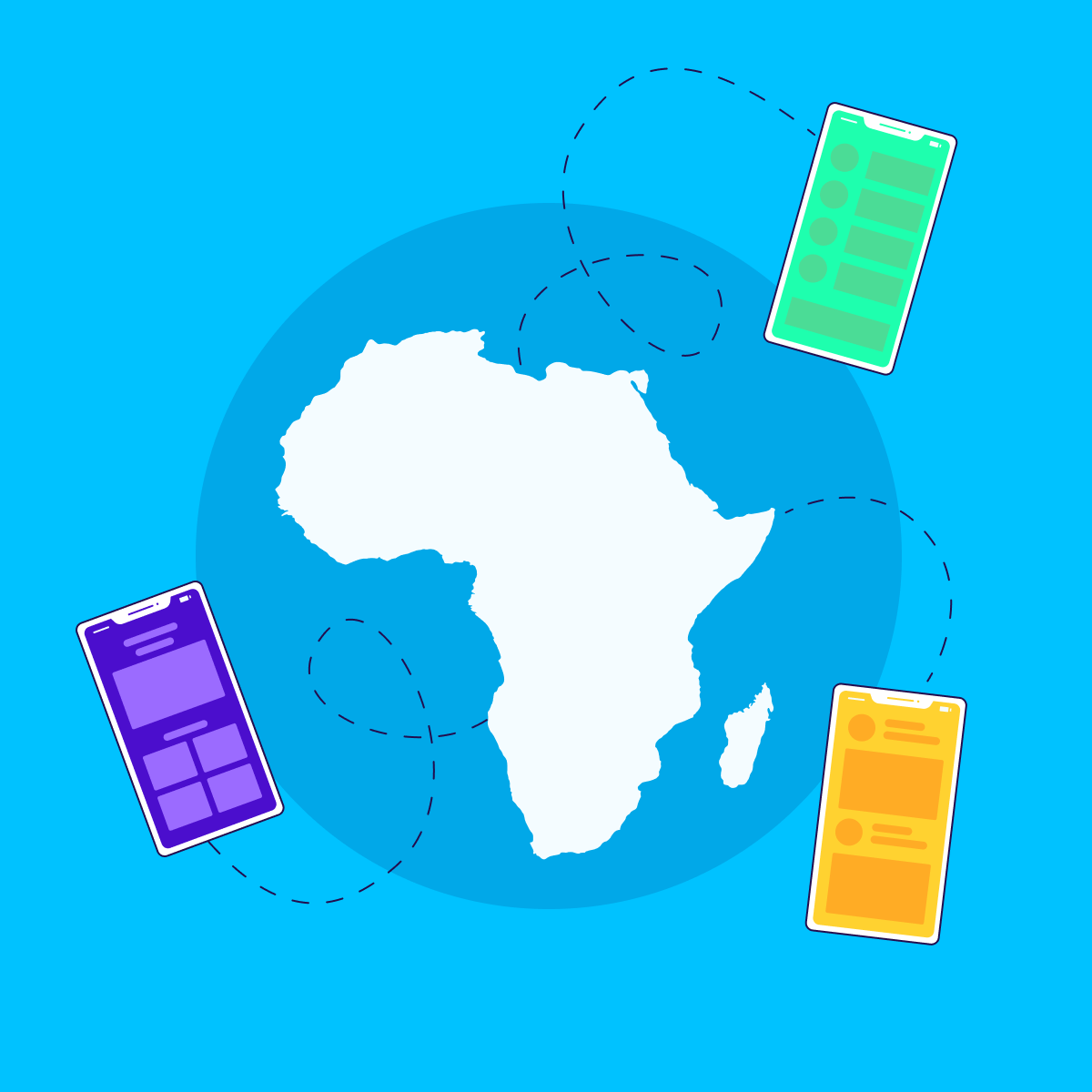
In the mid-1990s, the use of mobile phones started its swift spread across much of the developed world. At that time, very few thought of Africa as a potential market.
Today, the GSMA’s recently-released report The Mobile Economy: Sub-Saharan Africa 2019 predicts that sub-Saharan Africa will remain the world’s fastest-growing region, adding 167 million unique mobile subscribers between 2018 and 2025. This will take the total subscriber base to just over 600 million, representing around half the population.
In fact, 3G adoption has doubled over the last two years as a result of network coverage expansion and the availability of cheaper devices that connect to the internet.
The GSMA’s report also highlights the large number of young consumers becoming adults and owning a mobile phone for the first time. This segment of the population will account for the majority of new mobile subscribers and, as ‘digital natives’, will significantly influence mobile usage patterns in the coming years.
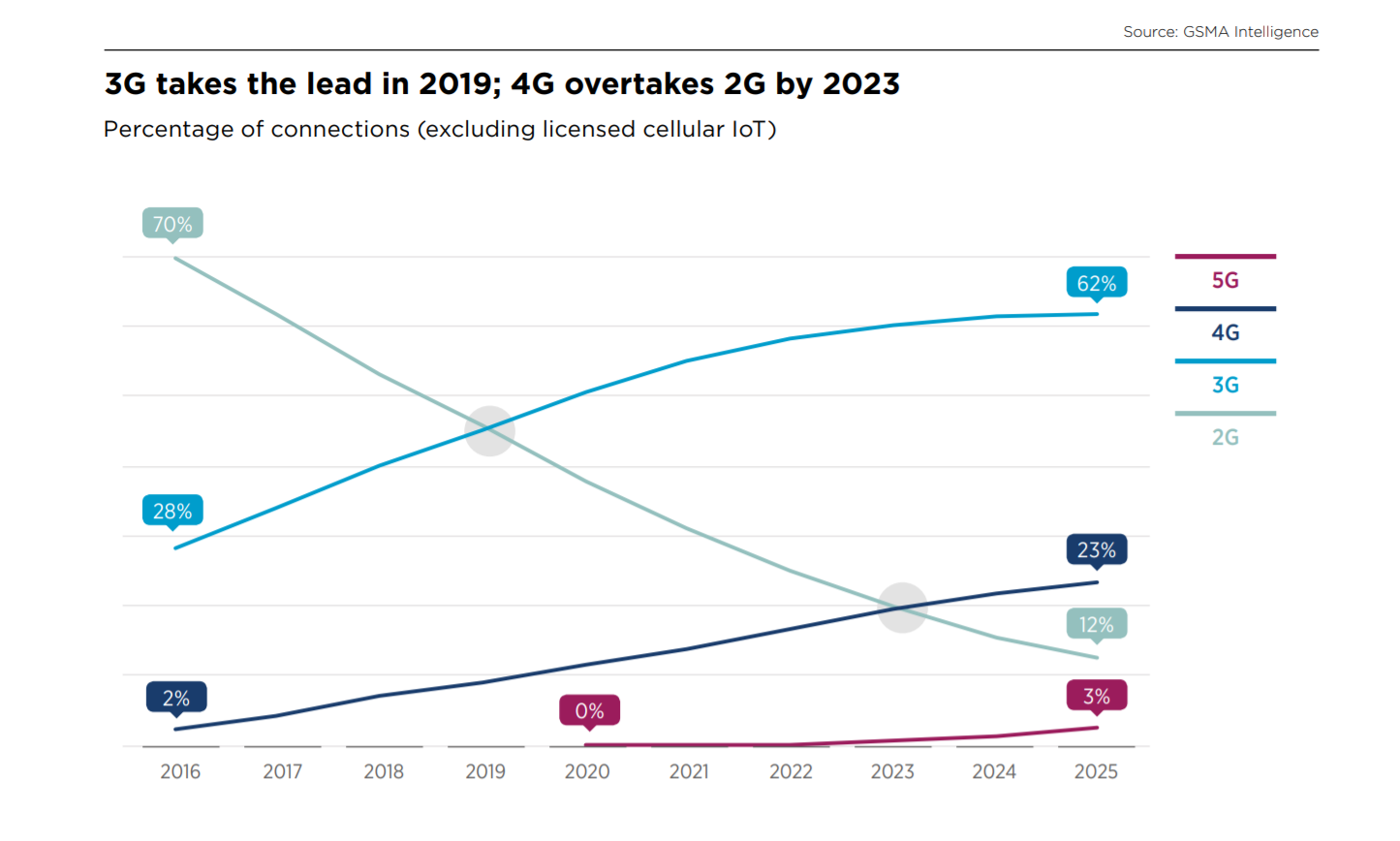
It’s not all roses, however. More than 800 million people in Africa still don’t have access to the internet, with the lowest penetration rate in the world at just under 40 percent.
Also, when we talk about Africa, we tend to think of a single 1 billion-strong geographic entity. But Africa has 54 countries with more than 2,000 languages, while urban Africa is vastly different from rural Africa. As a result, it is very unlikely that a mobile app can meet the needs of all Africans.
Still, one can draw parallels and learn from patterns, trends, and data. These can better inform those looking to thrive in the African continent.
How best to operate in such a complex and fragmented market?
When it comes to the African continent, there’s a lot to learn from WhatsApp’s success.
This ease and flexibility of use makes WhatsApp the most popular messaging app in most African countries, marking the third year in a row atop the charts.
WhatsApp is used by 73% of internet users in Kenya, 53% of internet users in Nigeria, and 49% of internet users in South Africa. In 2018, WhatsApp accounted for almost half of all mobile data used in Zimbabwe.
WhatsApp boasts the following features that make it so wildly successful in this region:
- The app adjusts to spotty internet service
- It works on inexpensive feature phones
- It can transmit anything from photos to videos to documents to spreadsheets
- It allows people to use it for free – which is important in regions where money can be an obstacle
- It lets people send audio messages – key in countries with high illiteracy rates
- It’s simple – you only need to know a contact’s mobile phone number
So…if you’re looking to break into the African tech/app scene, here’s what you need to know:
1. You’ll have to use data-light content
The majority of mobile internet activity in Africa comes from web pages and not apps, due to cost.
The Internet remains prohibitively expensive: on average, a gigabyte of mobile internet data costs 8% of average income across the continent – more than anywhere else globally. The reason for the lingering cost of access largely lies in the lack of competition between internet providers in markets across the continent. Aside from cost, internet speed also poses a problem as projections show Africa is at least five years away from faster 4G mobile networks having a major impact.
As a result, services such as Twitter and WhatsApp tend to be more heavily trafficked than the data rich ones like YouTube and Vine.
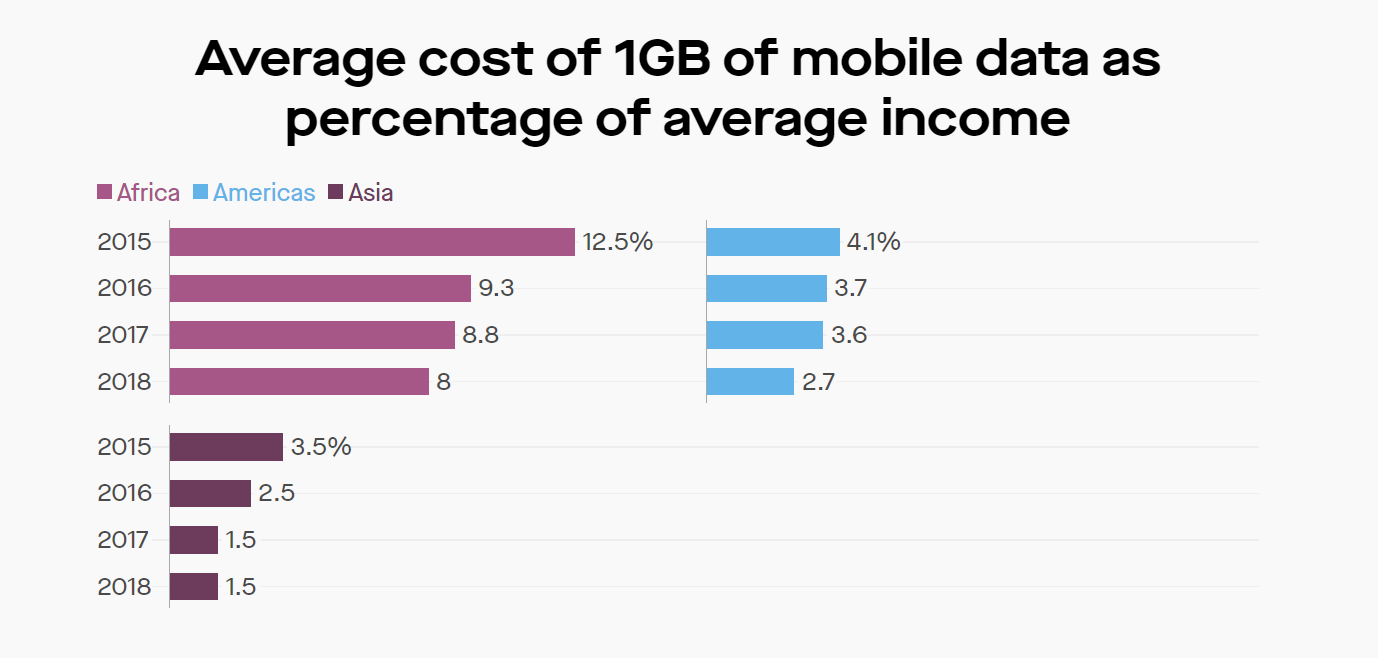
When launching an app in Africa, it’s crucial to recognize the African user. To acknowledge their experience is to recognize the high cost of data in Africa that limits their desire to engage with data-heavy content and campaigns. If you want to reach a larger and broader audience, cater to users with a slower connection that focuses on text and links as opposed to video and photos.
Check out AppsFlyer’s MAMA Minute at Home as Google’s Rama Afullo shared his tips on marketing your app for success in Africa:
2. You’ll need to build apps that add instrumental value
While this is pretty much the case anywhere in the world, it’s especially important in Africa.
To succeed in the continent, you must not only build power and data-efficient apps, but also develop apps that deliver real value that a consumer with limited storage space and limited data will want to use.
This is why some predict that for African consumers, the super app model (similar to WeChat in China) could likely enjoy much success.
Africa doesn’t have a super app yet, although WhatsApp is closest to it. In Africa, it’s common for people to use WhatsApp to chat with friends and send memes, but also to dispute a bill with their utility providers or book an appointment with a barber. It has become a default method of office communication as well, from grapevine to major planning decisions.
Therefore, for an app to be successful in Africa, it should be of instrumental rather than self-fulfilling value.
To better understand what this means, let’s look at QuickCheck, a mobile app that was specifically designed to solve the difficulties Nigerians face in seeking access to credit.
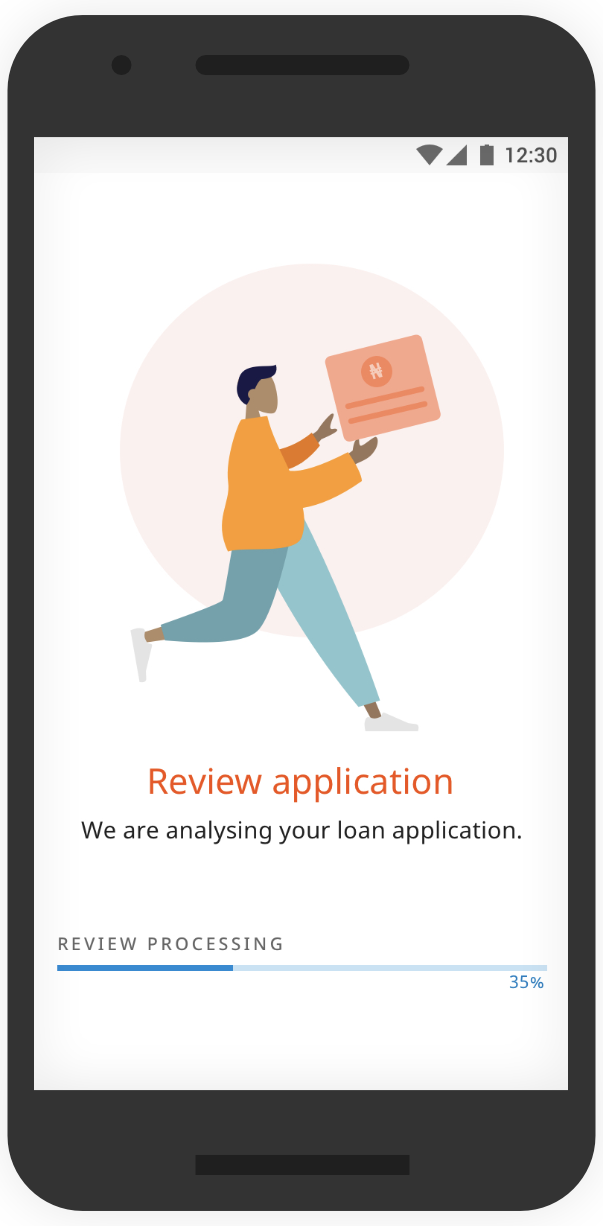
According to QuickCheck’s CEO Fabiano Di Tomaso,
“We believe in double-faced businesses: economically sustainable and socially impactful at the same time – this is QuickCheck, aiming at a meaningful financial inclusion of Nigerians, by enabling consumers’ participation in the economy through our digital financial services.”
Many Nigerians are unbanked and have no access to formal financial services for various reasons. The results of this EFInA survey reported that over 60% of the adult population were financially excluded.
With their tech solution, QuickCheck not only bridges the financial inclusion gap but also educates people about financial instruments and risks related to loans and amassing too much debt.
Your app should be instrumental to African users and their lives, enough to give them a reason to “sacrifice” valuable phone storage space and data to use it.
Another African startup, the Eco-Warriors™ app, is the first educational mobile game that teaches kids to recycle waste with the help of gamification.
“When we launched Eco-Warriors™, we wanted to make it available to all school kids.”
The strategy that we applied was to get in a partnership with the Ministry of Education locally after receiving the first-ever UNESCO Patronage for an Educational Mobile game on the African Continent”, explains company’s founder and CEO Brian Dean.
This partnership helped the company increase the rollout speed of the mobile game and reach more children in a shorter time frame. Today, they are present in 69 schools in the Island of Mauritius. Currently, the team is rolling out the game in the 289 remaining schools.
The spread of COVID-19 has slowed their process but by the end of the semester, Eco-Warriors™ Educational mobile game will be available in all the primary schools of Mauritius and more than 80,000 kids will be able to learn waste recycling.
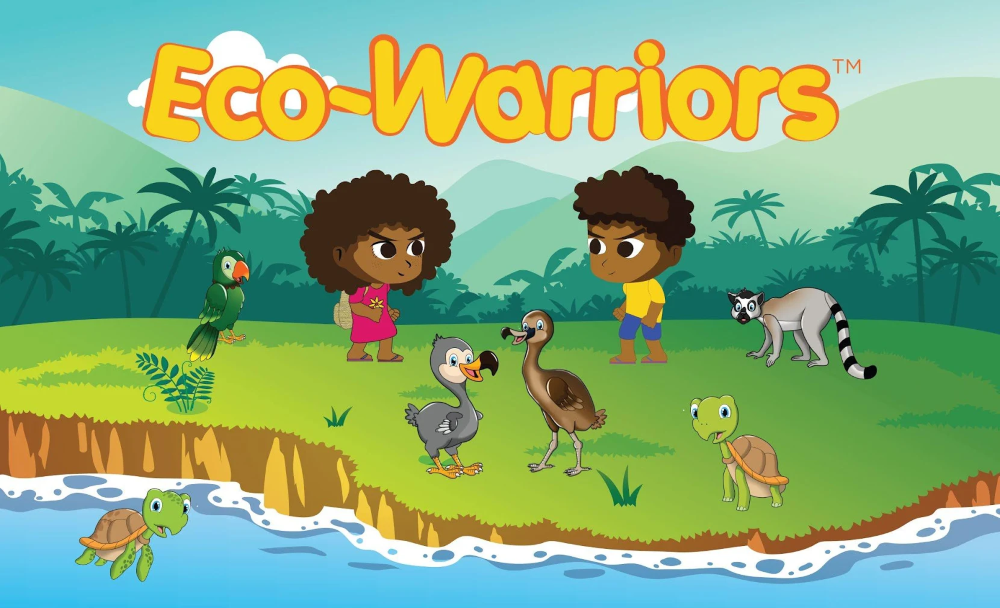
3. Android apps come first
In Africa, Android phones lead in terms of market share of phones and smartphones with 84% adoption rate. They are far more affordable than Apple devices and therefore more accessible to the vast majority of Africans.
When choosing between Google Play (Android), the App Store (iOS) and Windows, it is common to develop and deploy apps in as many platforms as possible.
However, in the African context where financial resources are scarce and data is expensive, you should pick one platform and measure early adoption before moving to additional ones.
Data suggests you should build Android apps first, get feedback, and then roll out to other platforms. If your app doesn’t succeed on Google Play in Africa, it won’t succeed on the App Store or Windows. Furthermore, the Android platform seems to provide fewer restrictions in terms of available countries, app registration, and sales.
4. It can be expensive
The dynamics of the African market requires you to definitely do a lot of advertising, mostly TV and radio advertising – and these often don’t come cheap. However, CPIs are usually the lowest in these markets. It offers app developers a chance to acquire users at a lower cost than more developed regions.
An app can become successful over longer periods of time organically, but to drive rapid app adoption a large marketing budget is often needed to create awareness on a wider scale.
Having said that, a limited budget should never be a limitation as there are plenty of cost-efficient ways to promote your app in the market.
Let’s take as an example Teheca Limited, a solution that delivers postnatal care services in Uganda.
“We have got great success in the number of installs through mostly Google Ads followed by Facebook Ads, with Facebook being the most efficient and budget-friendly”, shares their experience with the app promotion Ruyonga Daniel Bosco, CEO of Teheca Limited.
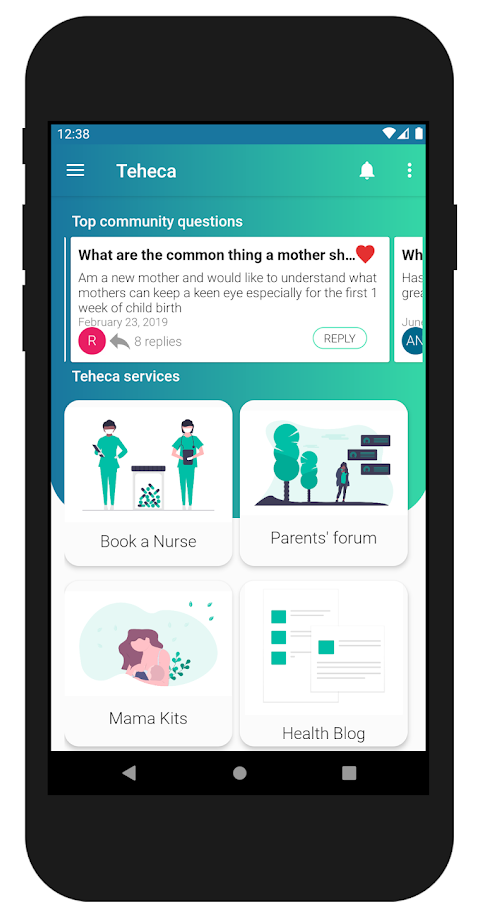
For example, for Eco-Warriors™, social media was an efficient tool for brand awareness and brand image, but to get downloads and convert parents into customers, they used other channels like email marketing, partnership,etc.
Africa has shown considerable growth and made its first appearance on the AppsFlyer’s Performance Index. As a result of the continued economic development, the number of smartphone owners is rising at a rapid speed, representing fertile ground for marketers vying to attract and retain new customers.
QuickCheck leveraged not only digital ads but has also partnered with brands such as Jumia and Pay Attitude (to name a few) by providing loans to their existing customers. These digital partnerships support the rapid emergence of new cross-industry business models as everything becomes connected and digital. In other words, look out for unconventional means of reaching out to your target market.
Once dominated by print, radio and television, the Nigerian media landscape is now experiencing a disruption by digital platforms and for this reason, QuickCheck focusses most of its marketing efforts on digital channels.
5. The market is maturing
The app economy in Africa represents a tremendous opportunity for the economic and social development in Africa, and for the businesses developing them.
The GSMA report estimated that the mobile industry will contribute $214 billion to the GDP.
Currently, the cost of basic simple smartphones is falling rapidly and they will soon be within reach of the majority of people in the African region. Also, mobile phone coverage in Africa is rapidly improving and many areas now have access to LTE, delivering high speed and advanced functionality.
There are many unique economic contexts within Africa that create opportunities for unique African solutions and they represent opportunities from which app development and marketing can take place.
Conclusion
There’s no one-fits-all strategy when it comes to marketing an app in the African market, as it is in any other market. It’s always about trial and error and finding what works best for your product and industry.
Just to sum-up:
- Perform market research and approach entrepreneurs and solutions already active in the market.
- Check the industry benchmarks but always set up your own after a testing period. Try not to focus too much on those examples, because each business’ average numbers can lead you in the wrong direction in the end.
- Always speak to your customers. Try to set up a process when you communicate with at least 5 customers per month.
Keep in mind that the market size is enormous thus, even a small piece of it can give you pretty good returns on your investment.
Ilma Ibrisevic and Stephanie Peter-Omale contributed to this article.




